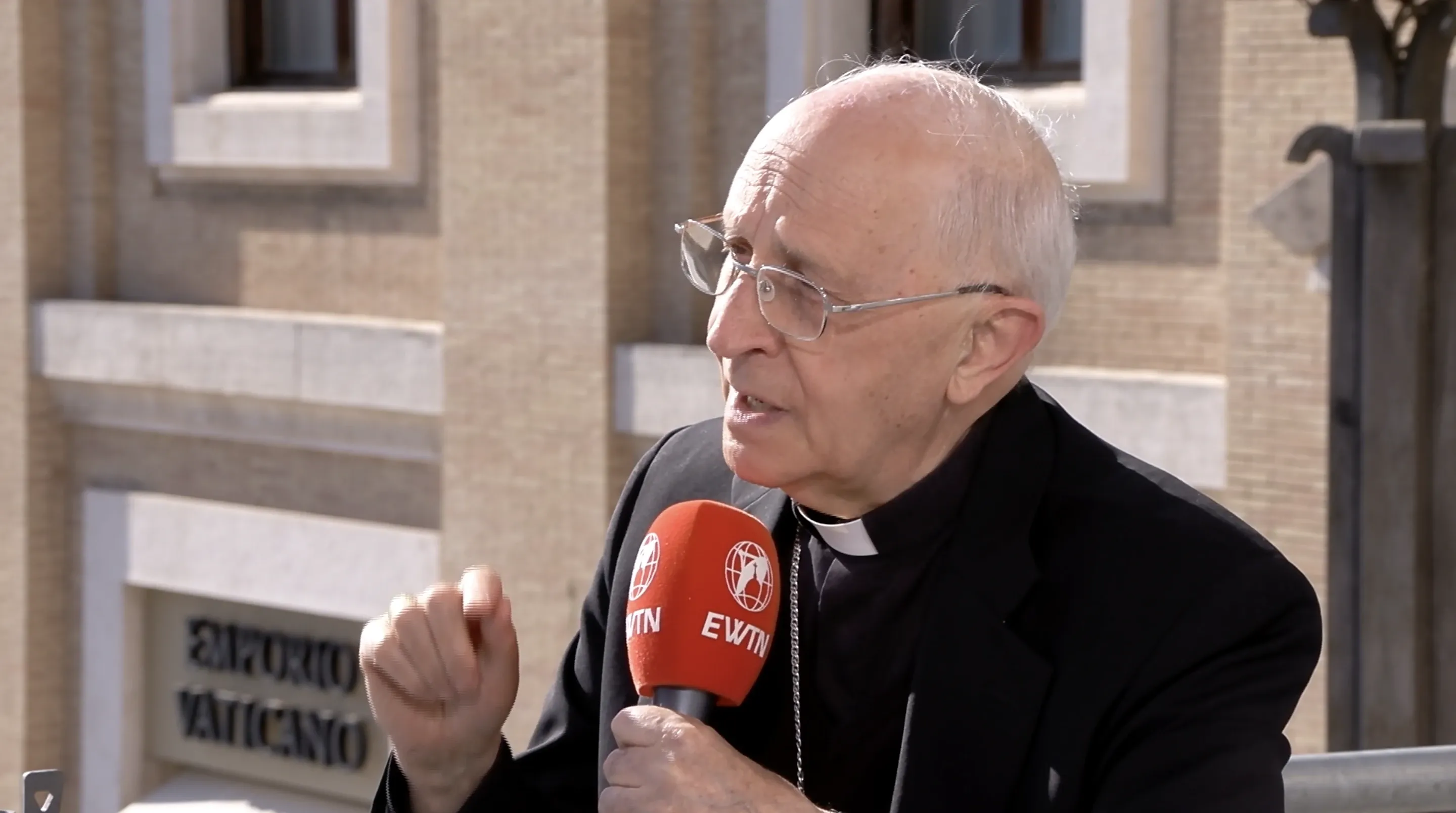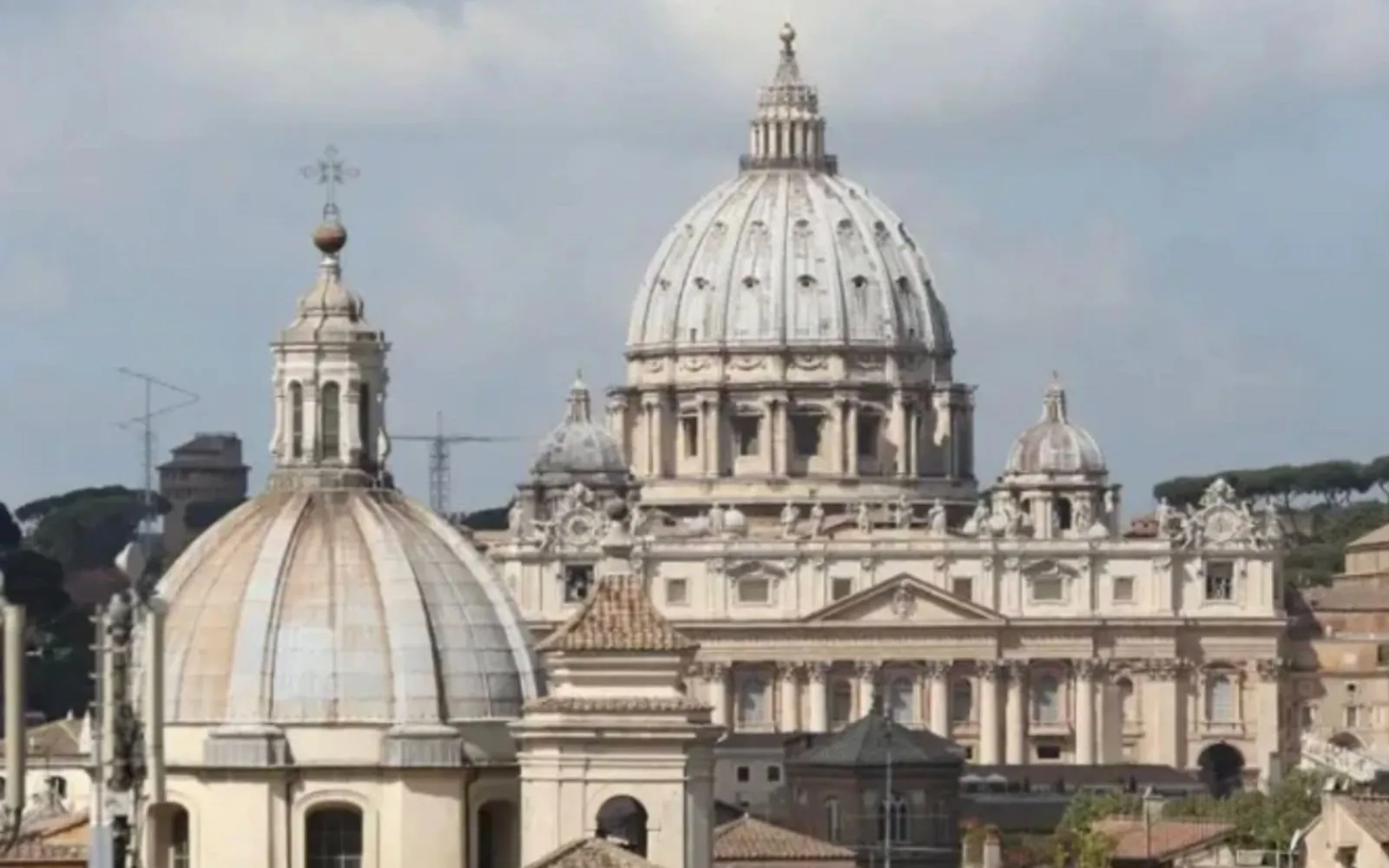Filoni pointed to what was until this week the most recent Leonine pope, Pope Leo XIII, who lead the Church from 1878 to 1903, during a time of great global upheaval and change.
"[It was] a moment when society was reorganizing itself, especially the social [aspects] and the work, the organization," Filoni said.
Leo XIII worked to articulate the social positions of the Catholic Church in the midst of those transformations, including with the encyclical "Rerum novarum," which in part addressed deplorable working conditions and asserted the rights of workers.
Leo XIII has been hailed for decades as the "Social Pope" for those efforts. Filoni also pointed out that Pope Leo I — who served in the 5th century — is remembered as "Leone Magno," or "Leo the Great," and who among his accomplishments worked to clarify doctrines related to Christ’s human and divine natures.
"I think [Leo XIV] had a lot of these aspects in his heart" in picking his name, Filoni said. "And we will see it."
The cardinal further noted the new pope's first address to the world, which he opened with: “Peace be with you all.”
Filoni — the Grand Master of the Equestrian Order of the Holy Sepulchre — said the significance of this blessing cannot be missed, particularly in the context of ongoing unrest in the Holy Land.
"I am sure it will remain an essential part of his pontificate, but not in the sense of a sociological aspect or political aspect," he said.
"If there is no peace of the Lord, men never will make peace," he said. "They will make an agreement [and] after a while it will be completely abandoned. So he put at the center of peace the person of Jesus, the risen Lord."
Daniel Payne is a senior editor at Catholic News Agency. He previously worked at the College Fix and Just the News. He lives in Virginia with his family.









